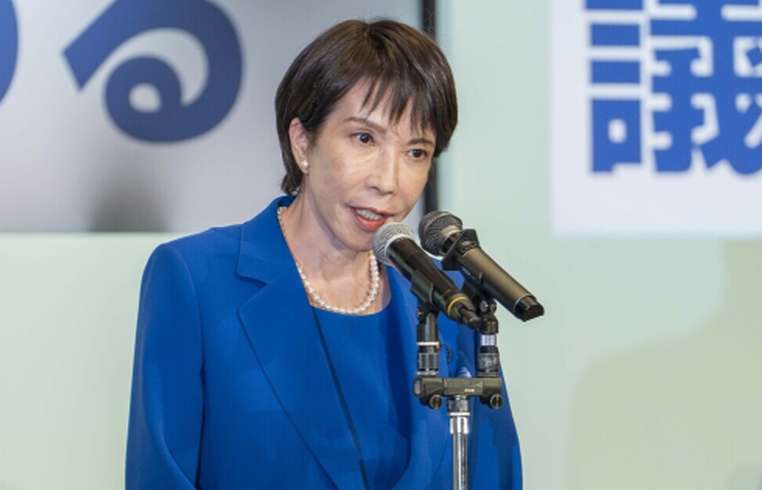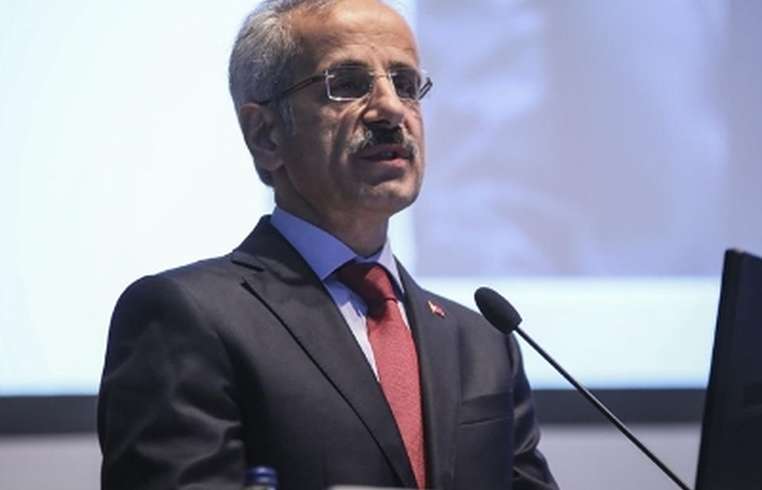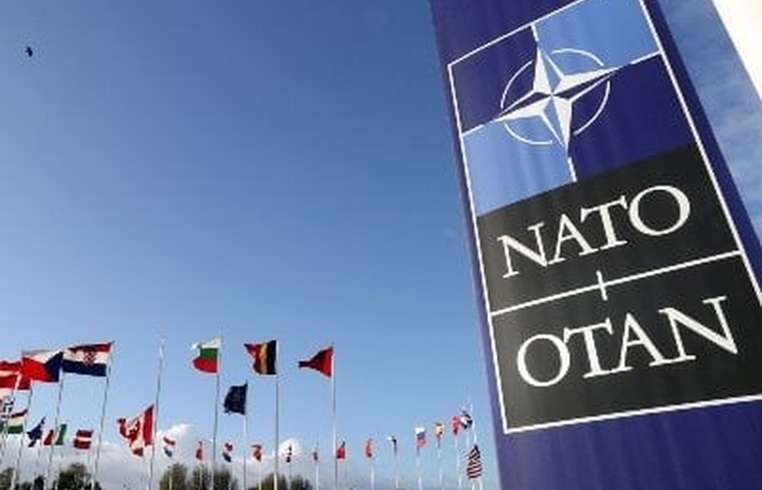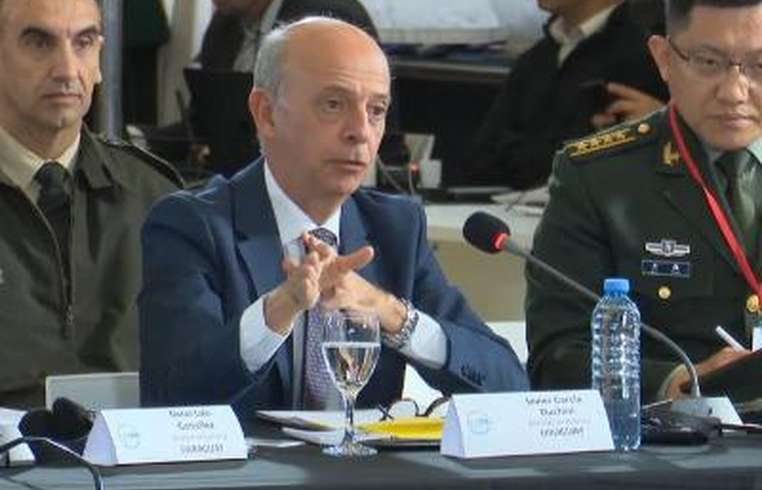
News - Japan's likely new prime minister could unnerve the region.
Business Strategy
Japan's likely new prime minister could unnerve the region.

Japan appears poised to elect its first female prime minister in the coming days – truly a historic achievement. However, the brand of foreign policy espoused by Sanae Takaichi may create heartburn across much, if not most, of Northeast Asia. Takaichi – a staunch conservative who fashions herself as Japan’s Margaret Thatcher – now leads the Liberal Democratic Party. Although she adopted a more pragmatist position on foreign policy during the campaign, Takaichi’s nationalist streak could complicate relations with Tokyo’s neighbors, including China, North Korea, South Korea, and Russia. Indeed, Taiwan may be the only full-throated proponent of her policies. These shifting geopolitical dynamics could create new challenges for Japan and its security ally, the U.S., that they will have to navigate together. Since it became clear that Takaichi would probably serve as Japan’s next prime minister, China, on the one hand, has welcomed the announcement, while on the other expressed concerns about her motives. The Chinese Ministry of Foreign Affairs, for example, hardly exuded confidence in Takaichi, noting "we hope that Japan will abide by the principles and consensus set out in the four political documents between China and Japan, honor its political commitments on major issues such as history and the Taiwan question, follow a positive and rational policy toward China, and put into practice the positioning of comprehensively advancing the strategic relationship of mutual benefit." During the 80th anniversary celebration of “Victory Day” to end World War II, which was held in Beijing early last month, Chinese President Xi Jinping remarked that China’s participation in the “resistance war against Japanese aggression” represented “a significant part of the World Anti-Fascist War.” I happened to attend the 12th annual Xiangshan Forum – a Track 1.5 political and security dialogue – in Beijing the following week, and Chinese officials and experts were still basking in the afterglow of this event, headlined by Xi, Russian President Vladimir Putin, and North Korean leader Kim Jong Un, who were standing and looking strong together. The anti-Japanese flavor of the event was also palpable, suggesting that Takaichi’s nationalist policies would be highly unwelcome in Beijing. Chinese commentary has taken an even harsher view of her past foreign policy positions. In one state-run media opinion piece, the author argues that "In her approach to China, Takaichi has adopted a combative tone cloaked in strategic language." The author further contends that "while she pledged during her campaign to engage in dialogue with Beijing on the Taiwan question, her actual actions may have crossed the red line for the Chinese government," citing her trip to Taiwan in April, during which she urged security cooperation between Tokyo and Taipei. "This is a dangerous provocation," noted the author. Meanwhile, the silence on Takaichi from North Korea is deafening. Pyongyang has thus far refused to comment on her, whether officially or unofficially, but it is hard to envision that the regime would have any positive feelings about Japan’s probable new leader. North Korea has consistently treated Japan like an enemy, occasionally firing ballistic missiles over Japanese airspace and accusing it of collaborating with the U.S. and South Korea to contain and counter the regime. In a speech from February, for example, North Korean leader Kim Jong Un warned that Japan’s trilateral cooperation risks “raising a grave challenge to the security environment of our state,” adding that it was part of “a plot to form a NATO-like regional military bloc.” A separate commentary from state-run media argued within the context of potential constitutional revisions that “Japan has completely transformed into a warfare state possessing full-scale aggression forces.” South Korea, by contrast, has officially promoted a more cautiously optimistic view of Takaichi. This is important given the decades of strain between Tokyo and Seoul over the so-called “comfort women” issue dating back to the Japanese occupation of the Korean peninsula in the run-up to, and during, World War II. Seoul’s Ministry of Foreign Affairs, for instance, noted that “Japan and South Korea are neighboring countries with similar positions in the rapidly changing geopolitical environment and trade order, and we are looking forward to working together with them.” Indeed, President Lee Jae-myung, though a liberal who would traditionally raise concerns about trusting Tokyo, has followed a more pragmatic approach. Lee has met with Japanese Prime Minister Shigeru Ishiba three times – and most significantly once before visiting President Donald Trump at the White House – underscoring that though the U.S. remains South Korea’s top security ally, Japan is an increasingly important security partner as well despite their past differences. But some South Korean commentary has not been so kind to Takaichi. According to one author, even if Takaichi has recently adjusted it, one must still consider her past rhetoric when judging whether she is good for Seoul. The author highlights that back in 2022, Takaichi said that “when we act ambiguously, such as stopping our visits to Yasukuni Shrine midway, the other side climbs up (付け上がる, tsukeagaru) – a derogatory Japanese term meaning “to take advantage of someone’s politeness or kindness and act impudently.” In Korean slang, the equivalent is “climbing up.” She continued her controversial remarks, according to the commentator, by stating: “If we simply continue to do what is natural, neighboring countries (such as South Korea) will eventually look foolish and stop complaining.” It is unclear whether or how widespread this South Korean view of Takaichi is, but the good news for Tokyo is that recent public opinion polls suggest that South Koreans generally have a much-improved perception of Japan – in some cases, reaching all-time highs in favorability. Hence, any drop in South Korea’s favorability of Japan would have some cushion as Takaichi takes charge. Like North Korea, there have been no official or unofficial statements from Russia on Takaichi. That said, given past Japan-Russia tensions over the sovereignty status of the Kuril Islands, Putin’s ongoing invasion of Ukraine and Japanese sanctions for it, and Moscow’s enhanced security collaboration with Beijing to include occasional joint bomber flights in the region, including in November 2024 over the Sea of Japan, it is highly unlikely that the Kremlin has a positive view of her. At a minimum, her views are misaligned with those of Moscow. She said in March 2022, for example, that “Ukraine is not a distant issue” while pointing to Russian military bases in the Kuril Islands. Finally, the one unambiguous bright spot for Takaichi across Northeast Asia is Taiwan. She has certainly played up her bona fides when it comes to ensuring the island’s security. During her campaign, for example, Takaichi remarked that “Unilateral changes to the status quo through force or coercion must never occur,” and that “Taiwan is an extremely important partner and a valued friend for Japan.” Taiwanese President Lai Ching-te has reciprocated by referring to Takaichi as a “staunch friend of Taiwan,” whom he hoped to cooperate with to elevate “Taiwan-Japan relations to a new level.” Meanwhile, a prominent Taiwanese researcher opined that “If Takaichi becomes prime minister, she would be the most Taiwan-friendly Japanese leader since World War II.” Overall, Tokyo under Prime Minister Takaichi, assuming she takes office, will encounter a regional landscape that will generally (except for Taiwan and perhaps South Korea) view the transition warily and offer little tolerance for any sign of resurging Japanese nationalism. This will be especially true in places like China, North Korea, and Russia. One way to reassure China and the two Koreas would be for Takaichi to disavow future visits to the Yasukuni Shrine, but given her history and past statements, this seems very unlikely. Short of that, she can certainly demonstrate her pivot toward pragmatism by engaging in activities that emphasize regional cooperation rather than Japanese unilateralism or a strengthening of the U.S. alliance to counter a third country. For its part, the U.S. under the Trump administration will likely encourage Japan to do more, especially on its own, which will complicate its calibrated approach. In the end, however, Tokyo should only do what is right for Japan and its relationships throughout the region, and if it means sidelining the U.S. on foreign policy for a time, then so be it. This article was originally posted on NSBT Japan, the first defense and security industry network in Japan. The publication provides the latest information on security business trends both within Japan and overseas. Read the original article here.






